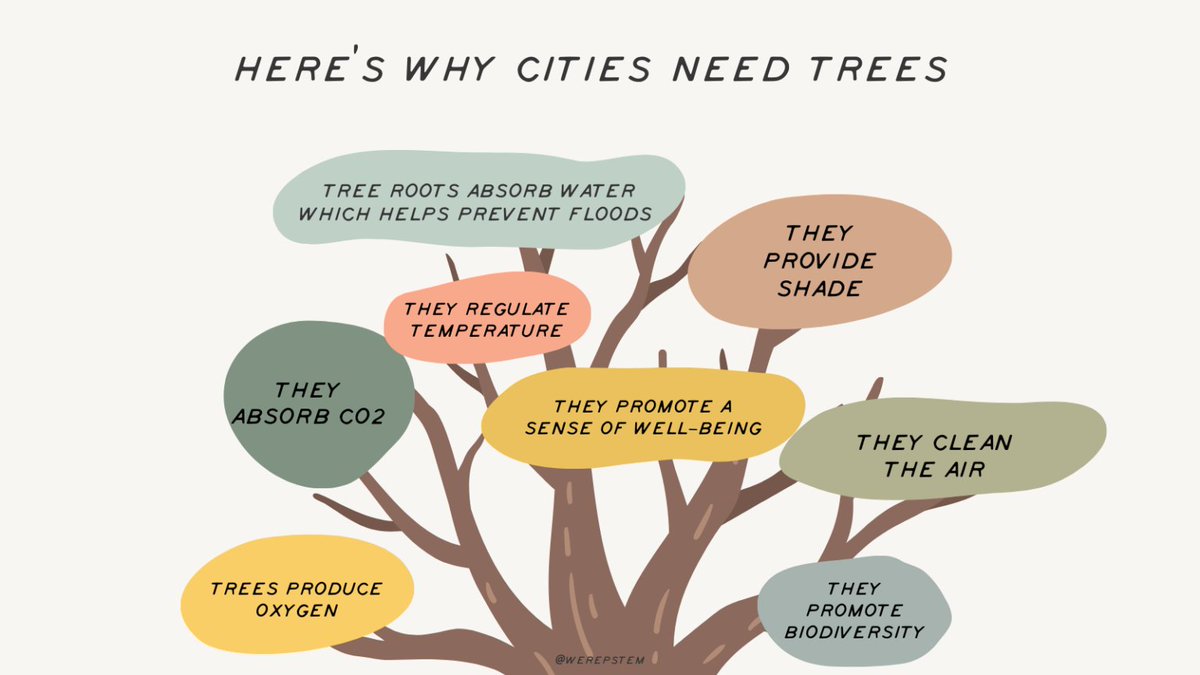For #EarthDay2021  https://abs.twimg.com/hashflags... draggable="false" alt="">, we wanted to take a minute to speak about systemic racism and how it impacts urban biodiversity.
https://abs.twimg.com/hashflags... draggable="false" alt="">, we wanted to take a minute to speak about systemic racism and how it impacts urban biodiversity.
An August 2020 paper in Science found that racism and classism negatively impact the biodiversity and ecological health of urban plants and animals. https://werepstem.com/2020/09/02/systemic-racism-contributes-to-decline-in-urban-biodiversity/">https://werepstem.com/2020/09/0...
The paper cites several studies demonstrating how systemic racism negatively impacts the environment, including evidence there are fewer trees in racially-minoritized neighbourhoods in major U.S. and Canadian cities.
The lower-income areas tended to be closer to industrial or waste disposal sites than wealthier, majority-white neighbourhoods — a reality created by the racist practice of redlining, according to the study’s authors. https://werepstem.com/2020/09/02/systemic-racism-contributes-to-decline-in-urban-biodiversity/">https://werepstem.com/2020/09/0...
Over decades, the location of the lower-income neighbourhoods coupled with a lack of trees has contributed to warmer localized temperatures, more pollution, less biodiversity, & a higher incidence of disease-carrying pests that have evolved to survive harsh environments.
Creating affordable housing could result in less turnover and fewer construction areas, leading to more ecological stability. Equitable access to green spaces could also help with plant and animal biodiversity. https://werepstem.com/2020/09/02/systemic-racism-contributes-to-decline-in-urban-biodiversity/">https://werepstem.com/2020/09/0...

 Read on Twitter
Read on Twitter


